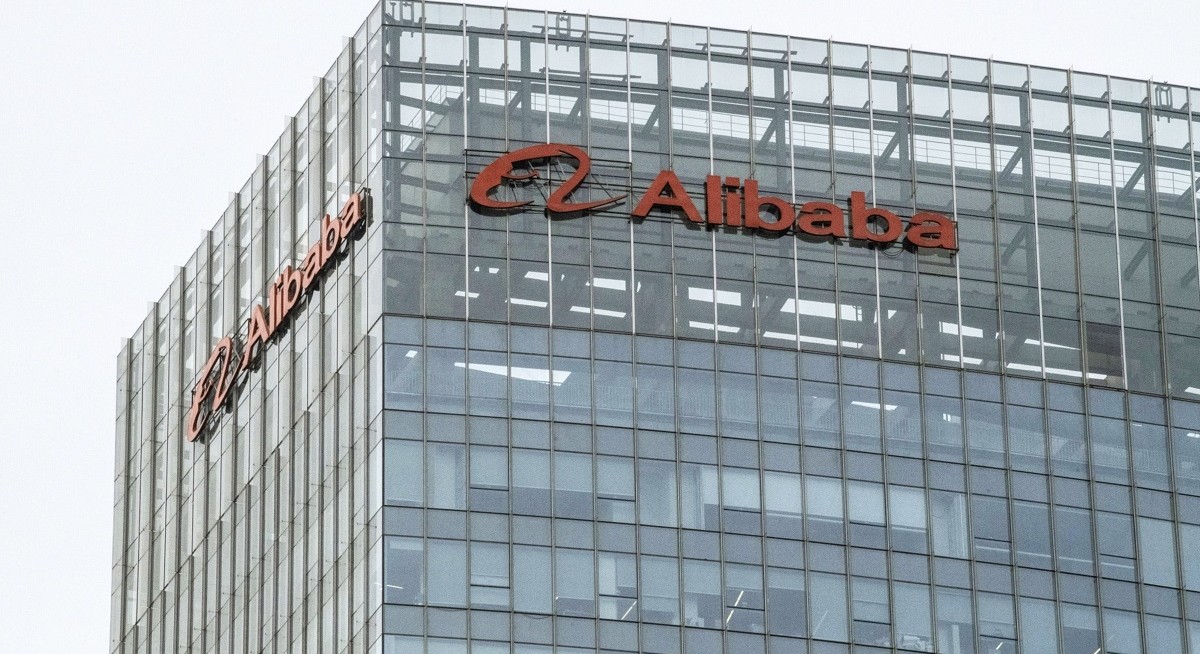2. Why are US-listed companies switching status in Hong Kong?
It’s a necessary step to gain access to the Stock Connect link with the Shanghai and Shenzhen exchanges, which will expand access to investors in mainland China. The move is increasingly important because US-listed Chinese companies are under intense scrutiny by US regulators. If a company is eventually forced to de-list in New York, its Hong Kong stock may already hold primary status. Among the pioneers with dual-primary listings in Hong Kong are electric-vehicle makers XPeng Inc. and Li Auto Inc. Still, companies also need to meet other criteria related to their listing-period abroad and market capitalization to be included into the Stock Connect link.
3. What’s needed for the change?
A dual-primary listing is often more costly and requires stricter reporting rules than a secondary listing. Additional expenses and items include those related to administration, disclosure and compliance. When firms decide to make the switch from secondary to primary, they must provide the exchange with a schedule of when all requirements will be met, a detailed plan of execution and a plan for rules compliance, among other things.
4. Who could come next?
For most dual-listed companies, liquidity in their Hong Kong stocks currently remains low relative to the US-listed peers. Still, the prospect of an influx of investment from mainland China will likely spur more firms to make the pivot. Online-entertainment provider Bilibili Inc. said in May it will convert its Hong Kong listing to dual-primary status from secondary by early October. Online marketplace JD.com and video-games firm NetEase Inc. are others with secondary listings in the Asian city that could opt to make the change.




